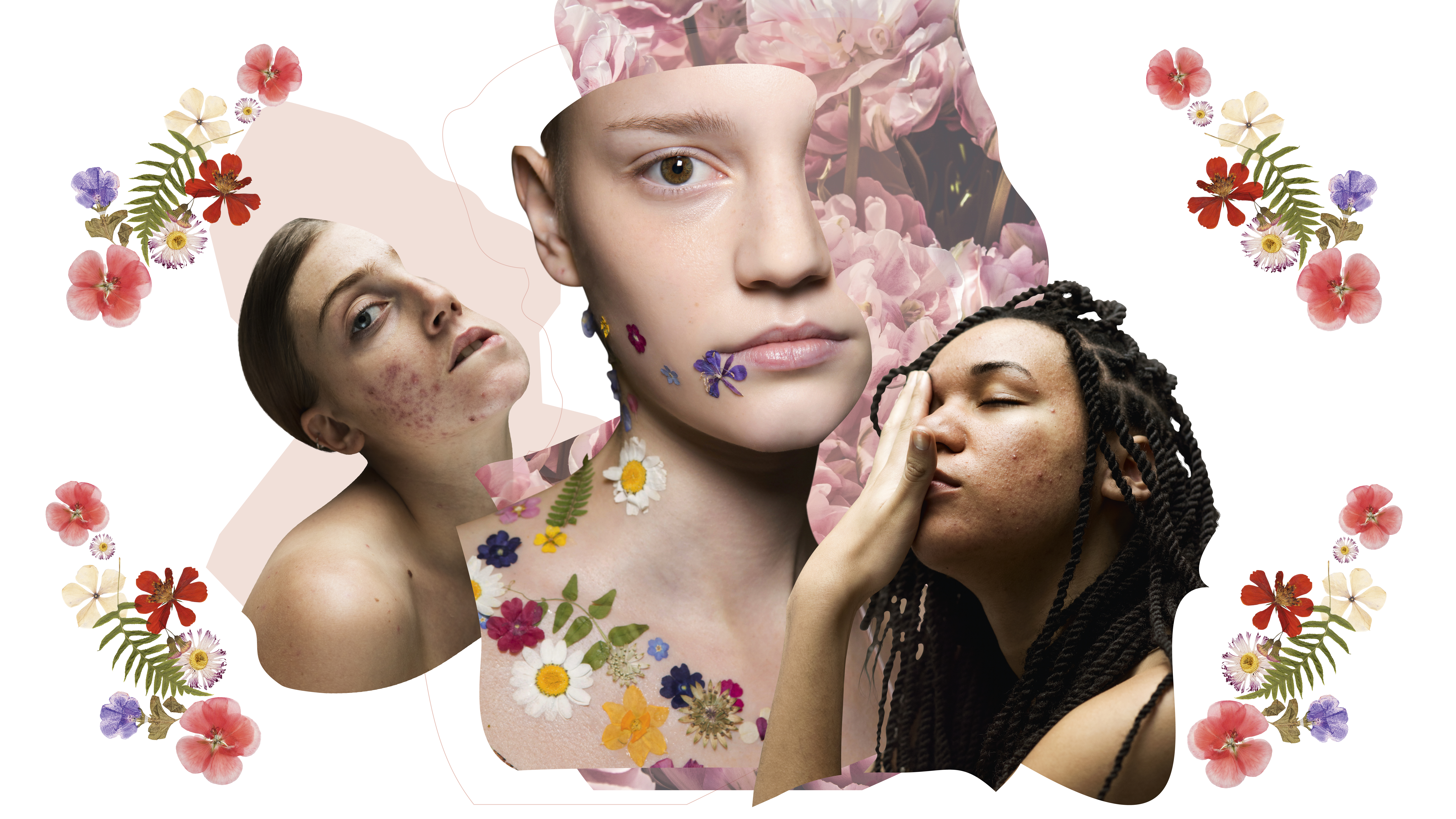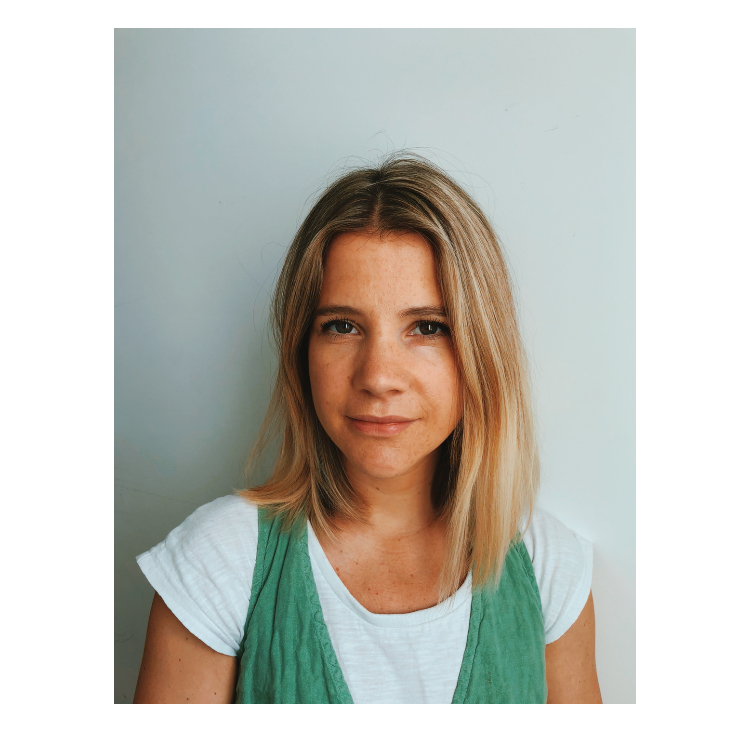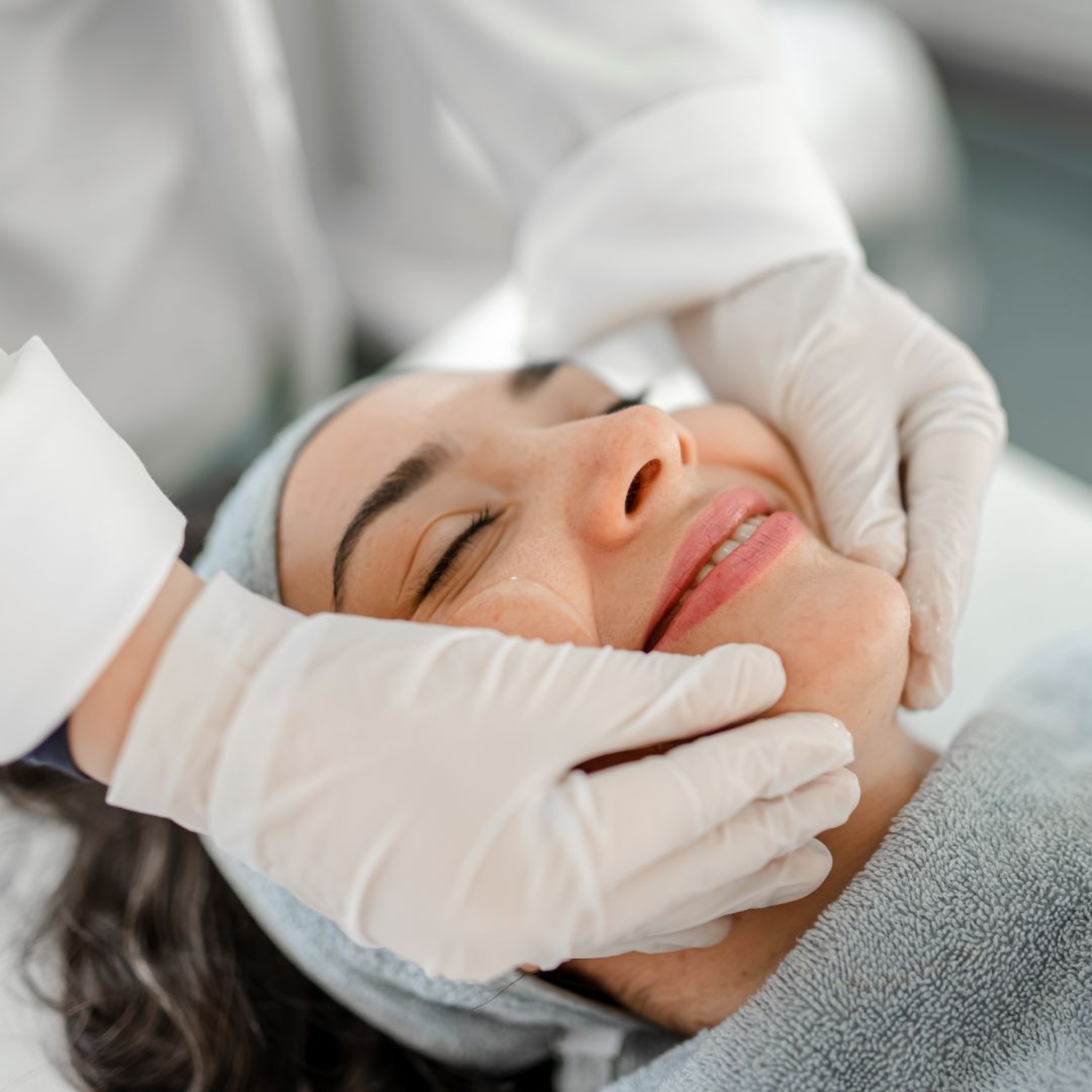Adult acne - the emotional toll: 'I avoided situations where I was visible'
With a growing number of women dealing with the physical and psychological impact of adult acne, Charlotte Philby reports on the causes and treatments


With a growing number of women dealing with the physical and psychological impact of adult acne, Charlotte Philby reports on the causes and treatments
‘When you develop adult acne, it can be really hard to accept,’ says Anna Brahms, 34, who had perfectly clear skin all through her teens. It wasn’t until the age of 23 that the PR executive from Edinburgh developed pimples on her chin, which soon escalated to full-blown acne. ‘Suddenly I had these painful cysts that started beneath the skin, grew to a bump, and left marks that would take weeks to fade. I always had between one and five angry spots at any one time. It made me feel unkempt and less professional.’
Anna’s situation is not unusual. Around five per cent of women in the UK over the age of 25 have adult acne. Some have residual problems that started in puberty and never went away, while others, like Anna, suffer from the late-onset variety. The condition is caused by the overproduction of oil from the sebaceous glands – not, as many people assume, by poor diet or hygiene. While there is no definitive answer as to why some people get it and others don’t, it does tend to run in families.
'The majority of patients I see use products that contribute to the issue'
Dr Stefanie Williams, who is medical director of London’s Eudelo clinic, says there has been a sharp increase in the number of women visiting her clinic with issues of adult acne. And while no one knows what’s causing the rise, stress and a diet high in refined sugars and carbohydrates can exacerbate the problem, as can an unsuitable skincare routine. ‘The majority of patients I see use products that can contribute to the issue,’ she says. ‘This may be because they see wrinkles and turn to anti-ageing creams, which tend to be quite rich and can trigger acne in predisposed individuals.’
Consultant dermatologist Dr Anjali Mahto regularly treats adult acne sufferers and explains that in women particularly, it can have a profound effect on self-esteem. ‘When you’re a teenager, around 80 per cent of your peers will be suffering, too,’ she says. ‘But adults feel they should have grown out of it. A thing I hear a lot is “I’m worried people at work won’t take me seriously.”’
Ella May, 33, who works at a tech company in London, first had breakouts in her teens. ‘At the time, others around me were dealing with the same thing so I didn’t worry about it too much. As I got older, though, it gradually destroyed my confidence. I met with countless beauticians and dermatologists, but they provided only short-term – very costly – fixes. In the end, I would avoid being in situations where I was visible.’ The British Association of Dermatologists conducted a new survey to mark the launch of Acne Support (acnesupport.org.uk). It shows that 54 per cent of British adults who have experienced acne say it has had a negative impact on their self-confidence, while 22 per cent feel it’s had a negative impact on their social interactions. Matt Traube is a US-based therapist who helps people deal with the psychological fallout of living with skin conditions such as adult acne. ‘Self-critical thoughts related to the skin create deep feelings of shame. People often feel they are somehow at fault. It can be a vicious cycle that reduces self-esteem over time,’ he says.
'It can really take over'
Dr Mahto says many of the women she sees at her clinic have already spent thousands of pounds on treatments by the time they arrive at her door. ‘If acne is affecting your mental health or leaving scars, it’s time to get professional help,’ she says. Dr Simon Aylwin, consultant endocrinologist at King’s College Hospital in London, agrees. ‘When acne in a woman persists into adulthood, or starts in adulthood, that’s a strong indicator that too much testosterone is a contributing factor,’ he says. ‘If this is the case, there might be other common features: hair loss on the head, excess body or facial hair and irregular periods. Together, or in combination, these are usually symptoms of polycystic ovary syndrome. But do consult a GP first to ensure it’s not another more serious hormone–related issue.’
Marie Claire Newsletter
Celebrity news, beauty, fashion advice, and fascinating features, delivered straight to your inbox!
Marketing director Daisy Hall, 35, who is based near Leeds, had flair-ups in her teens, but her acne settled down once she went on a contraceptive pill high in oestrogen. Even after coming off the pill to start a family, years later, her skin remained clear. ‘We went through a few rounds of IVF and were lucky enough to have a baby boy in 2014. But when he was about 12 weeks old, I suddenly got severe adult acne. As a new mother already feeling insecure about my post-baby body and trying to come to terms with the emotional rollercoaster of being a parent, it was hard,’ she says. ‘I regret having to waste my energy and thoughts on something seemingly so trivial as my skin, but unless you’ve had it, you can’t understand just how much adult acne plays on your mind. It can really take over.’ Having tried almost every over-the-counter product on the market, Daisy finally booked an appointment with a local dermatologist and, as a result, found a skincare regime that worked for her, combining regular facials and prescription-only creams containing salicylic acid and benzoyl peroxide.
'Treatment is not a walk in the park'
Dr Mahto explains that, in extreme cases, a GP can refer a patient to a professional like her on the NHS. ‘Treatment is adapted to the extent of the problem and the medical history of the patient, but generally we start with cream treatments such as retinol or benzoyl peroxide,’ she says. ‘If that doesn’t work, the next step is antibiotics, which are normally given for a period of six to 12 weeks. We don’t want to prescribe them long term, as this could cause difficulty with the gut. In female patients, we can also use the contraceptive pill, but that can take up to three months to work. For scarring acne, we can use Roaccutane tablets.’ Roaccutane switches off the type of acne that can cause scarring (which is experienced by 20 per cent of people with the condition) by targeting oil glands and reducing oil production, and can only be prescribed by a consultant dermatologist.
Anna Brahms took Roaccutane for two months, at the cost of £700, after contacting a private clinic. ‘It’s not a walk in the park,’ she says. ‘You can’t drink alcohol while you’re taking it, and you definitely can’t be pregnant, as it can cause birth defects. You have to stay out of the sun, too. I’ve been off it for two months now – the old scars have had time to disappear and my skin is completely clear for the first time in a decade. I don’t need to wear make-up, or self-consciously hold my hand over my chin when talking to anyone. After so long, I feel so relieved to be free of that.’
Adult acne - spot the difference
Blackheads and whiteheads:
Non-inflammatory little bumps under the skin’s surface due to blocked pores.
Red pimples:
Over time, blackheads can become more inflamed and small red bumps (papules) or pus-filled spots can occur.
Nodules or cysts:
Deep, red and tender spots, sometimes known as cystic acne in extreme cases, which can result in scarring and require more aggressive treatment.
If you find it hard to avoid fiddling with your blemishes, do read our guide on how to pimple pop before touching your skin.
-
 Jump training workouts are being hailed as the best longevity workout you can do - a top personal trainer shares their guide
Jump training workouts are being hailed as the best longevity workout you can do - a top personal trainer shares their guideJump to it...
By Katie Sims
-
 I’m a bride who loves injectables—here are the dos and don’ts of getting them ahead of your wedding
I’m a bride who loves injectables—here are the dos and don’ts of getting them ahead of your weddingA game-changer, if done correctly
By Tori Crowther
-
 The 90s-inspired wispy, ‘sitcom fringe’ is my new obsession—it’s lightweight and perfect for summer
The 90s-inspired wispy, ‘sitcom fringe’ is my new obsession—it’s lightweight and perfect for summerBring back the nostalgia
By Jazzria Harris